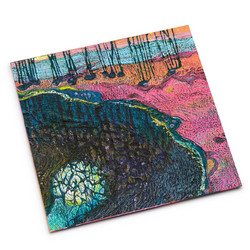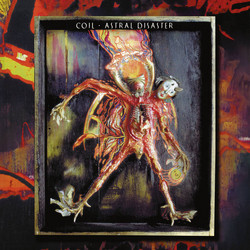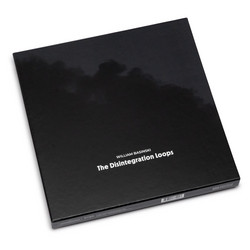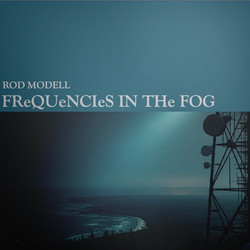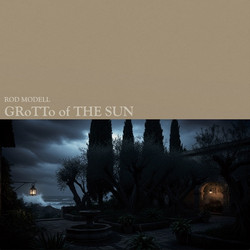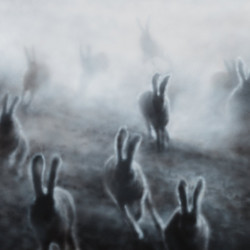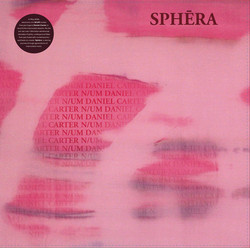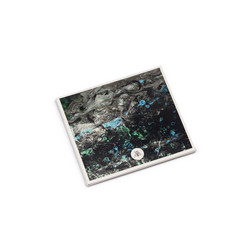With Bear Creek, Camp of Wolves—the project of Fort Langley’s sound artist David Salisbury—delivers a haunted cartography of childhood’s lingering afterimages. Written across the atmospheric west coast of Canada from 2022 to 2024, the album weaves together familiar fragments and ghostly textures, conjuring a time that is both lost and omnipresent. Salisbury’s approach leans into the tactile—a “weird childhood diorama,” in the artist’s own words, evoking the sense of crafts made in grade school: construction paper cutouts, crayon streaks, and the unmistakable scent of paste. Yet beneath this apparent innocence, Bear Creek pulses with complex, uneasy nostalgia, where every melody seems to flicker between comfort and unease, much like long-shrouded memories emerging at midnight.
Opening with “Labrador Tea,” the project leads through tunnels of overgrown branches and faded lanes, where every note is weighted with recollection. Tracks like “Flickering Light” and “Tumulus” hover between lullaby and lament, their synths both inviting and haunted, suggesting that the act of remembering is never simple, and escapism from one’s hometown is, at best, a temporary reprieve. Salisbury’s deft mix of woodsy organic sounds and vintage electronics—drawing on the warmth of comfy synths while channeling the eerie nostalgia of Twin Peaks-era Angelo Badalamenti—ensures each piece feels at once handmade and unearthly, suspended between worlds. The recording is not mere ambient musing but a deliberate exploration of how place shapes identity, with each track uncovering yet another layer of the landscape, both physical and psychological, that lingers into adulthood.
As the album winds from the dreamy “Amongst Firs” through the wistful “Summer’s End” and the gently tumbling “Cross the Townline,” it grows clear that Bear Creek is not just a sonic scrapbook, but a bittersweet meditation on how childhood can both nurture and haunt. In its closing notes—particularly the gauzy “Built On Bogs”—Salisbury seems less to offer resolution than to gently set these memories back in their night-lit box, reassuring and enigmatic at once. This latest work cements Camp of Wolves as a deft chronicler of emotional cartography, where even the gentlest synth pulse can evoke the texture of lost years and the inescapability of home.
Bear Creek offers listeners an immersive experience that resists the sentimental, opting instead for a textured, Lynchian ambiguity that is as universal as it is deeply personal—a record best approached with the lights low, and the heart open to whatever shadows may pass through.
